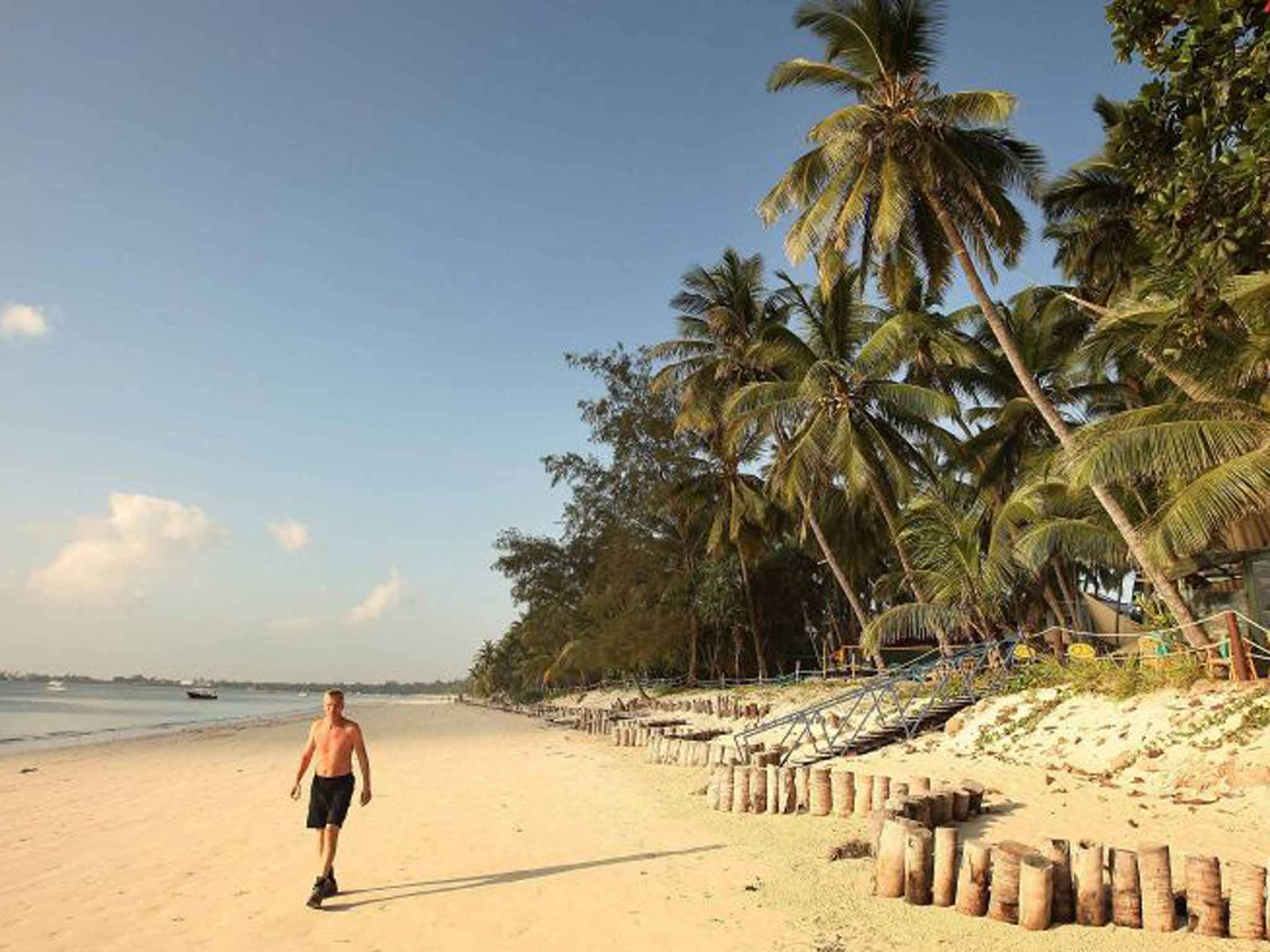How to get travel insurance for a no-go zone
For those who choose not to heed official advice, specialist companies offer cover for high-risk areas.

Last week's massacre in Sousse has prompted uncertainty about whether Tunisia is safe to visit. The Foreign Office revised its advice last weekend, but fell short of placing its popular coastal stretches on the no-go list. The Government advises only against travel to the areas that border Algeria and Libya.
Those with existing bookings who don't want to travel to Tunisia must now rely on the goodwill of tour operators such as Thomson and Thomas Cook, who are allowing customers to choose alternative destinations without penalty for departures until 31 October.
For those yet to book, this is a poignant reminder of how straying into the wrong territory can invalidate travel insurance.
For example in Kenya, the popular tourist hub of Mombasa was recently removed from the "orange" list (advising against all but essential travel) and is now considered safe. But Malindi and Lamu, further north – and both home to some of Kenya's most charming beach hotels – remain off-limits, along with the Nairobi suburb of Eastleigh.
Terrorism and political strife aren't the only reasons for the Foreign Office to advise tourists to stay away. After the devastating earthquakes in April and May, much of Nepal is still deemed unsafe.
For those who choose not to heed official advice, specialist companies offer cover for high-risk areas. They include Bupa Global (global.ihi.com) and Banner (bannergroup.com), while the British Insurance Brokers' Association (biba.org.uk) can recommend brokers to build bespoke policies. But premiums are high, and policies often only cover medical emergencies.
Finally, make sure you check the small print of your travel insurance policy. Even in destinations that are judged to be "safe", many providers exclude war and terrorist attack (for up-to-date information go to: gov.uk/foreign-travel-advice).
Join our commenting forum
Join thought-provoking conversations, follow other Independent readers and see their replies
0Comments